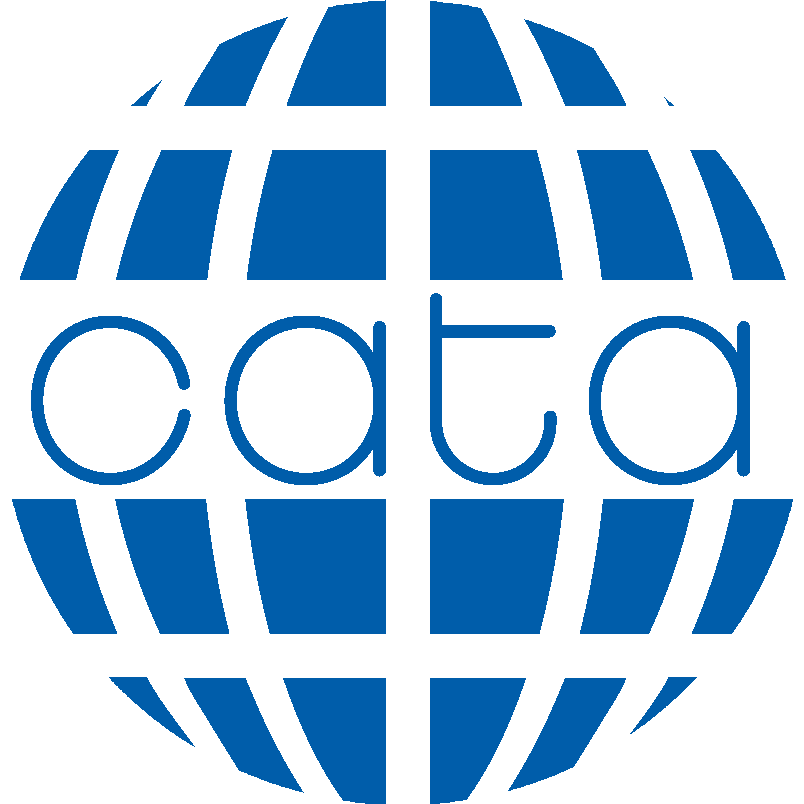Welcome Message to all 2016 ALP and CTAC delegates
Many would scarcely believe that the two programs- Achieving Leadership Potential (ALP) and the Commonwealth Tax Auditors Course (CTAC) have been running since 1983. Of course significant changes have occurred over the years and some landmark achievements registered, yet these programs remain as relevant today as they were over three decades ago.
This relevance is underpinned by the fact that each year we do a horizon scan on the tax landscape to pick out emerging and trending issues that tax administrations confront. In this way we ensure that each curriculum is properly aligned to reflect and target these emerging issues.
The year 2016 is particularly exciting because tax has been hitting headlines almost daily with the recent revelations of the “Panama Papers” and of course the G20 BEPS agenda that has brought into sharp focus issues around transparency in tax reporting and protection of the tax base. Moreover, the clarion call for a more cooperative engagement between the tax office and the taxpayer has never been louder and automation of tax process is increasingly being seen as one of the interventions that may be used to address some of these challenges.
We cannot overemphasize the need for tax officials to constantly “retool” themselves and improve their skills in light of these seismic shifts. The two courses being launched today are very broad in terms of scope and coverage and are intended to equip the participants with a strong intellectual foundation to help them develop and articulate better informed opinions about the key issues of our times, most notably tax technical expertise and people management, skills expected of a contemporary tax administration.
These courses will be run in three phases, starting with the pre-commencement online version followed by a residential session in the United Kingdom and a post-course follow up on participants’ project work. Emphasis will be put on this last phase as it is where participants demonstrate the value of the course through practical application of the issues learnt during the whole program. We hope to put in place a robust feedback mechanism that will enable the Course Directors to follow up progress and results of the implementation of project assignments.
We have a rich repository of relevant materials on the CATA website and other CATA publications that participants will find very helpful not only during the course but more importantly at the implementation of their respective project work. These resources may be accessed by logging onto this website (www.catatax.org) and registering as a member.
I wish to congratulate and welcome all of the participants who have been selected to join the 2016 program and assure them of the commitment and support of both CATA and Her Majesty’s Revenue and Customs throughout each course. The Course Directors will be available at all times to address any issues arising and I urge all participants to make full use of their expertise and experience.
Duncan Onduru
Executive Director, CATA
